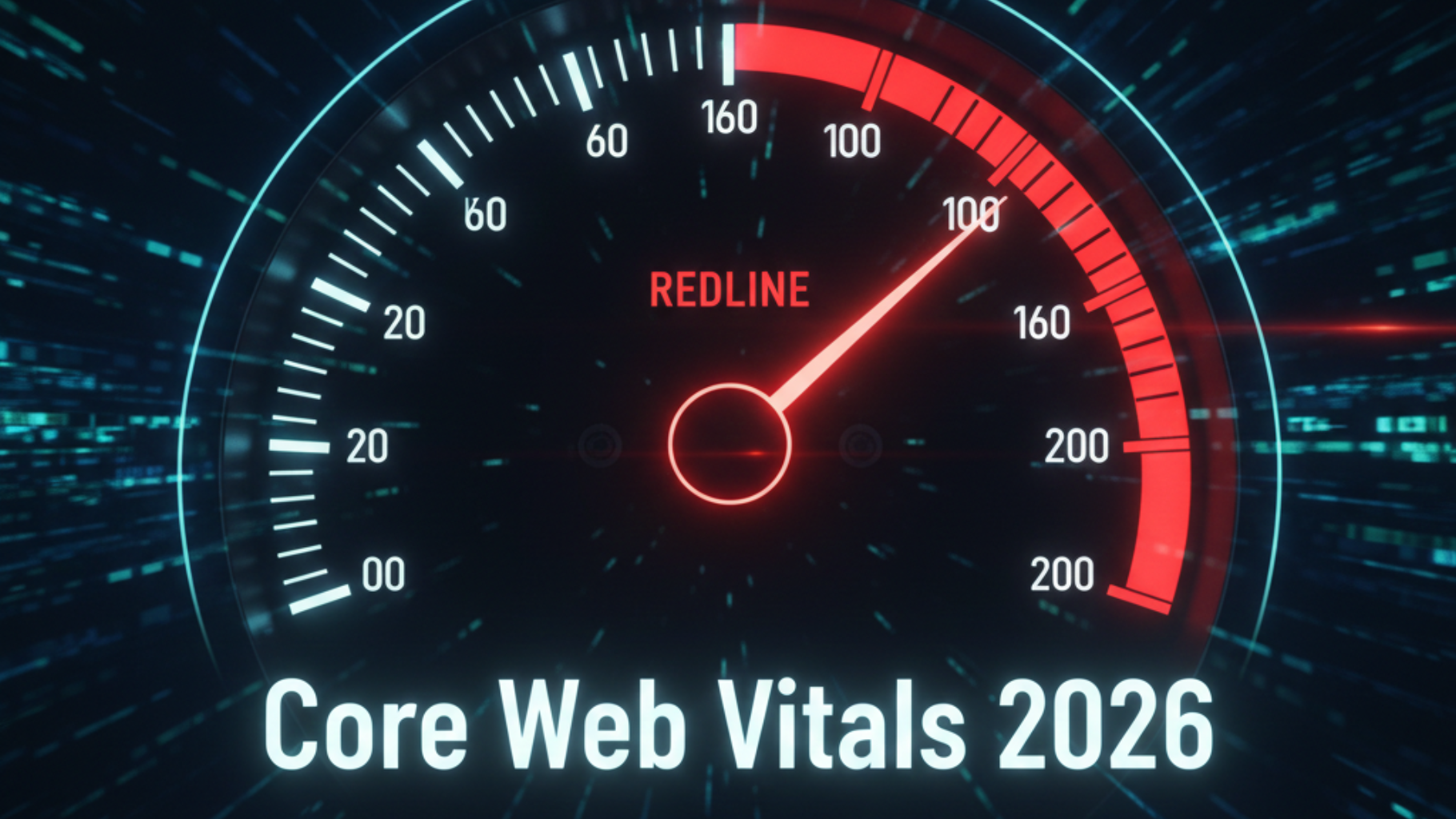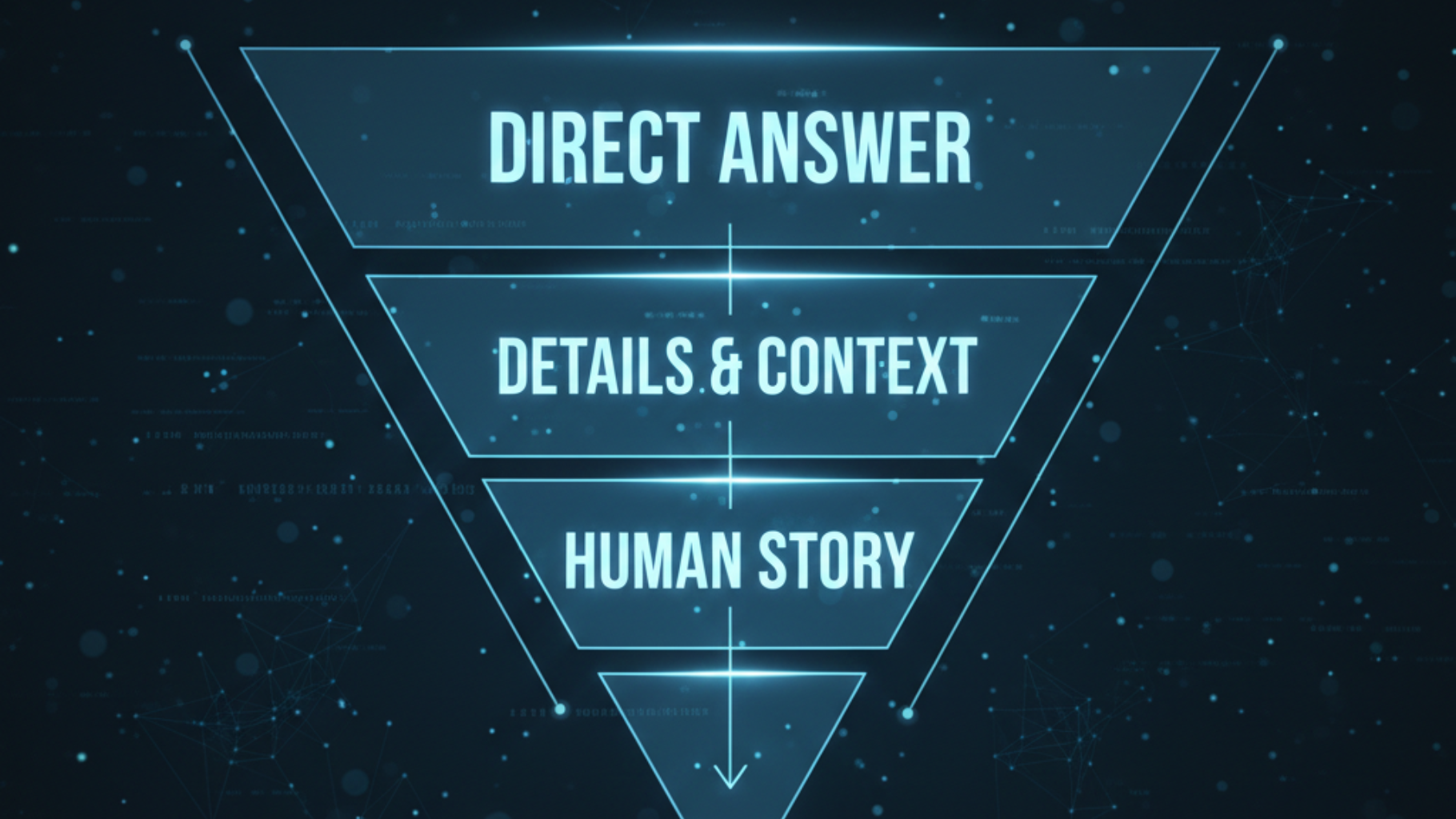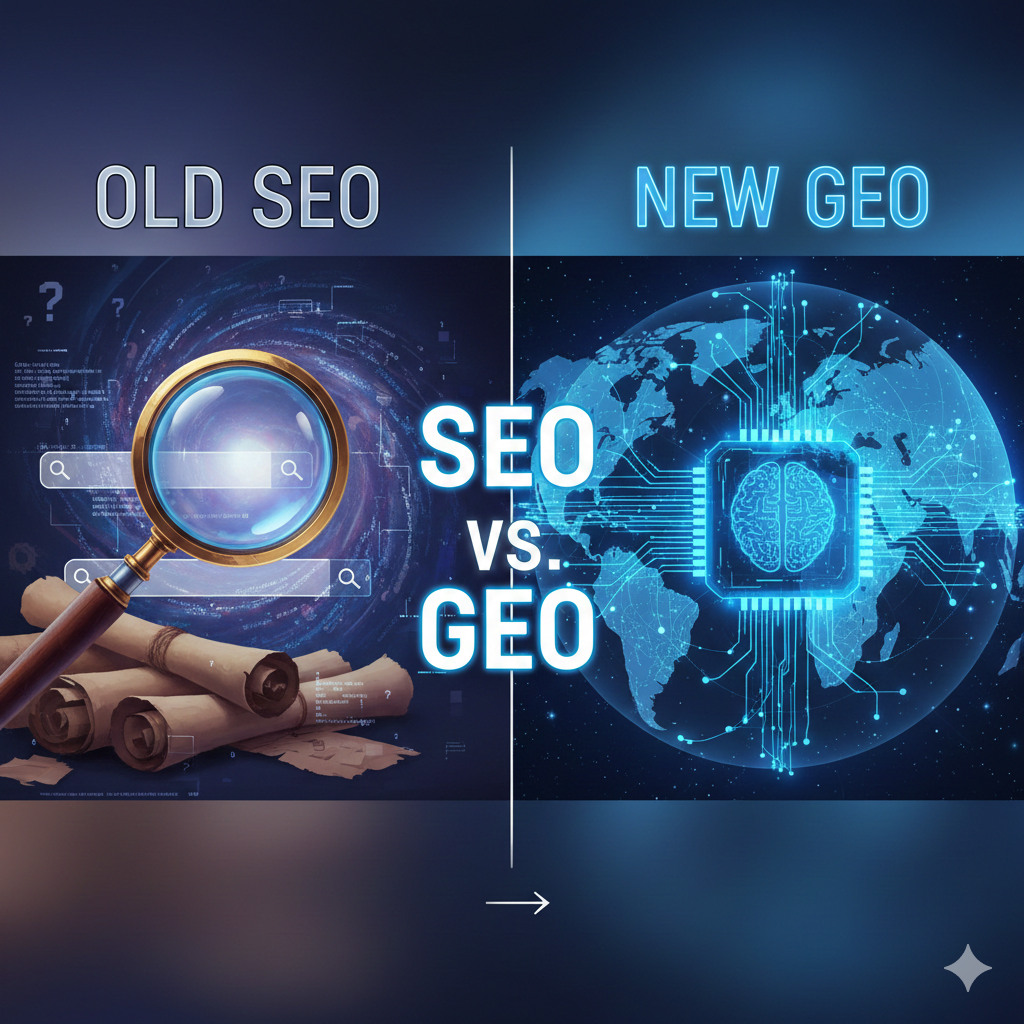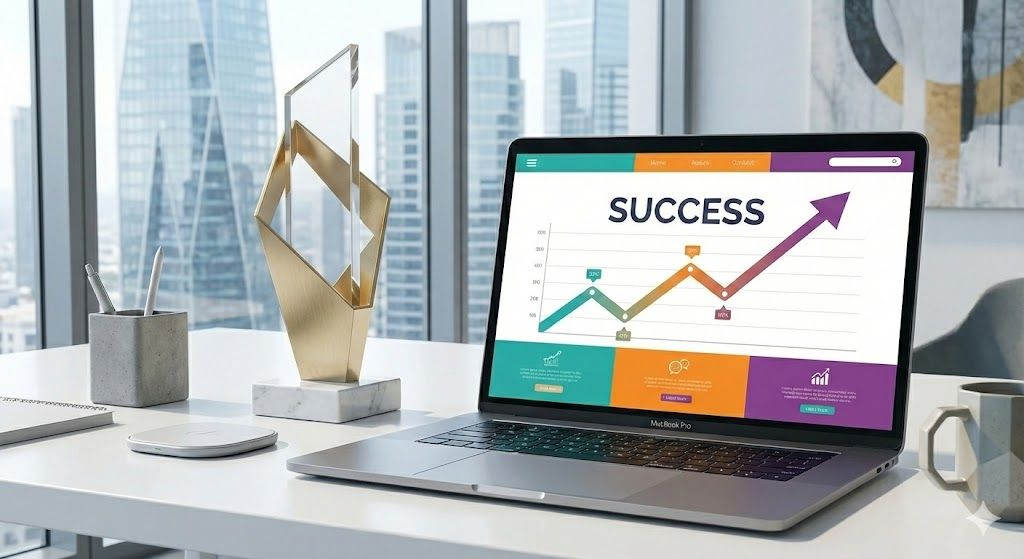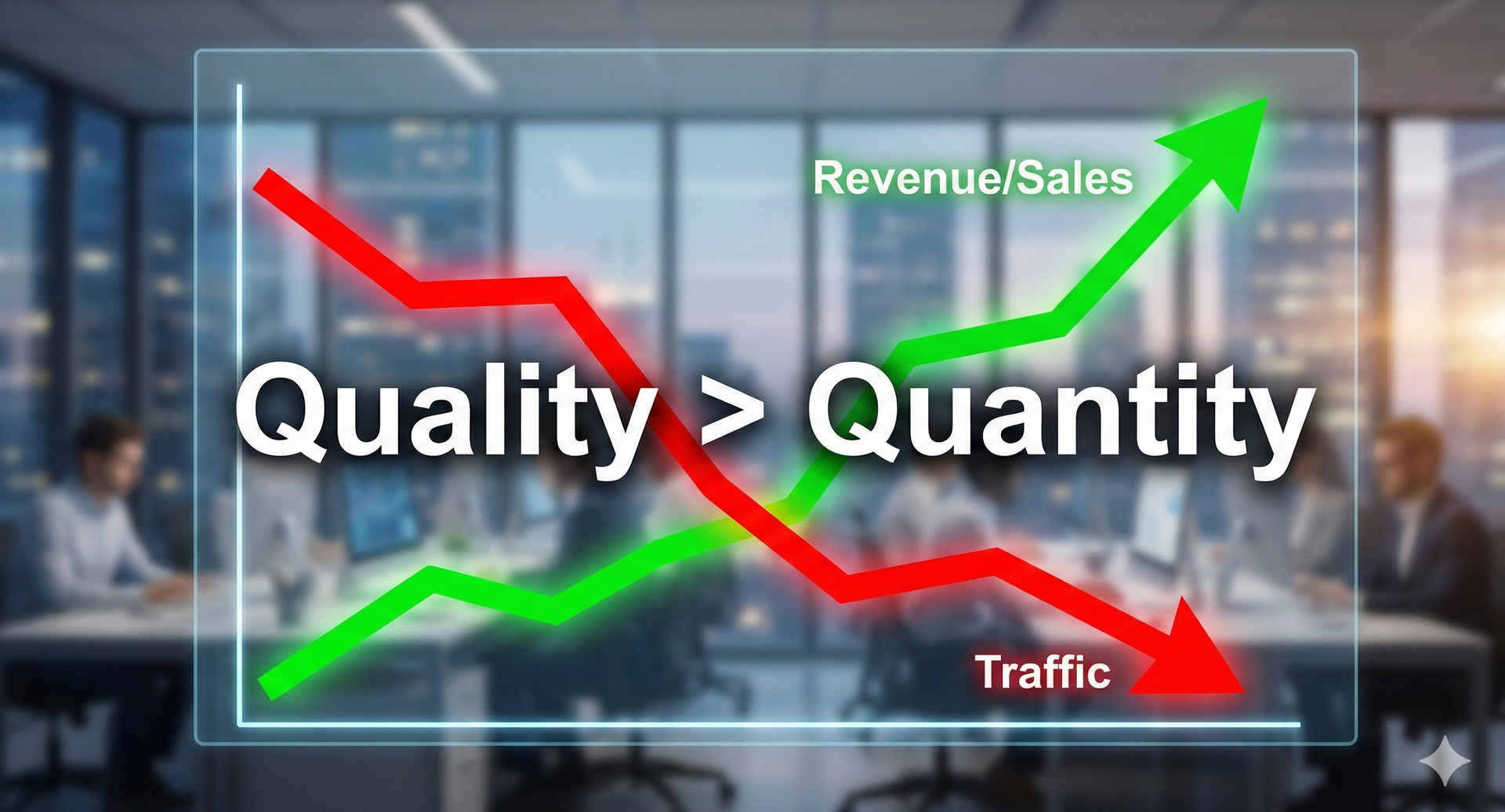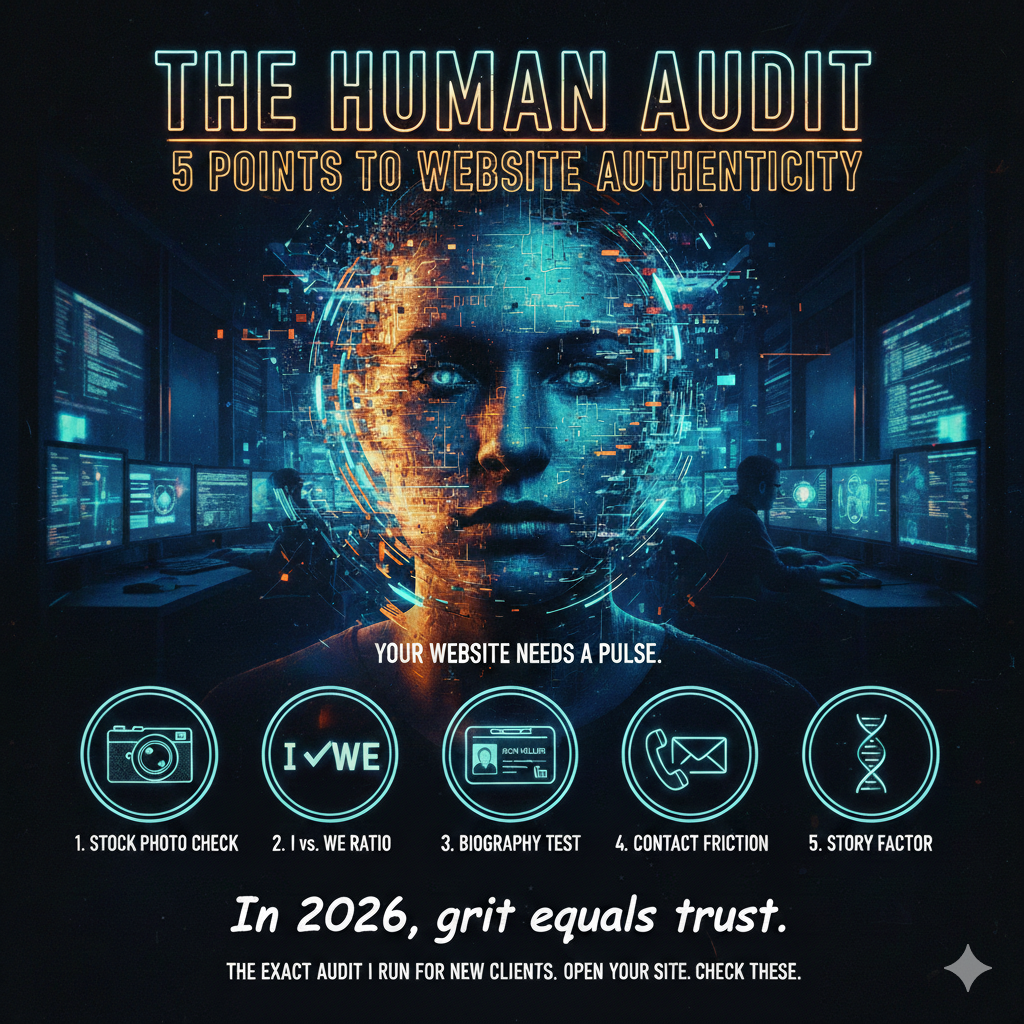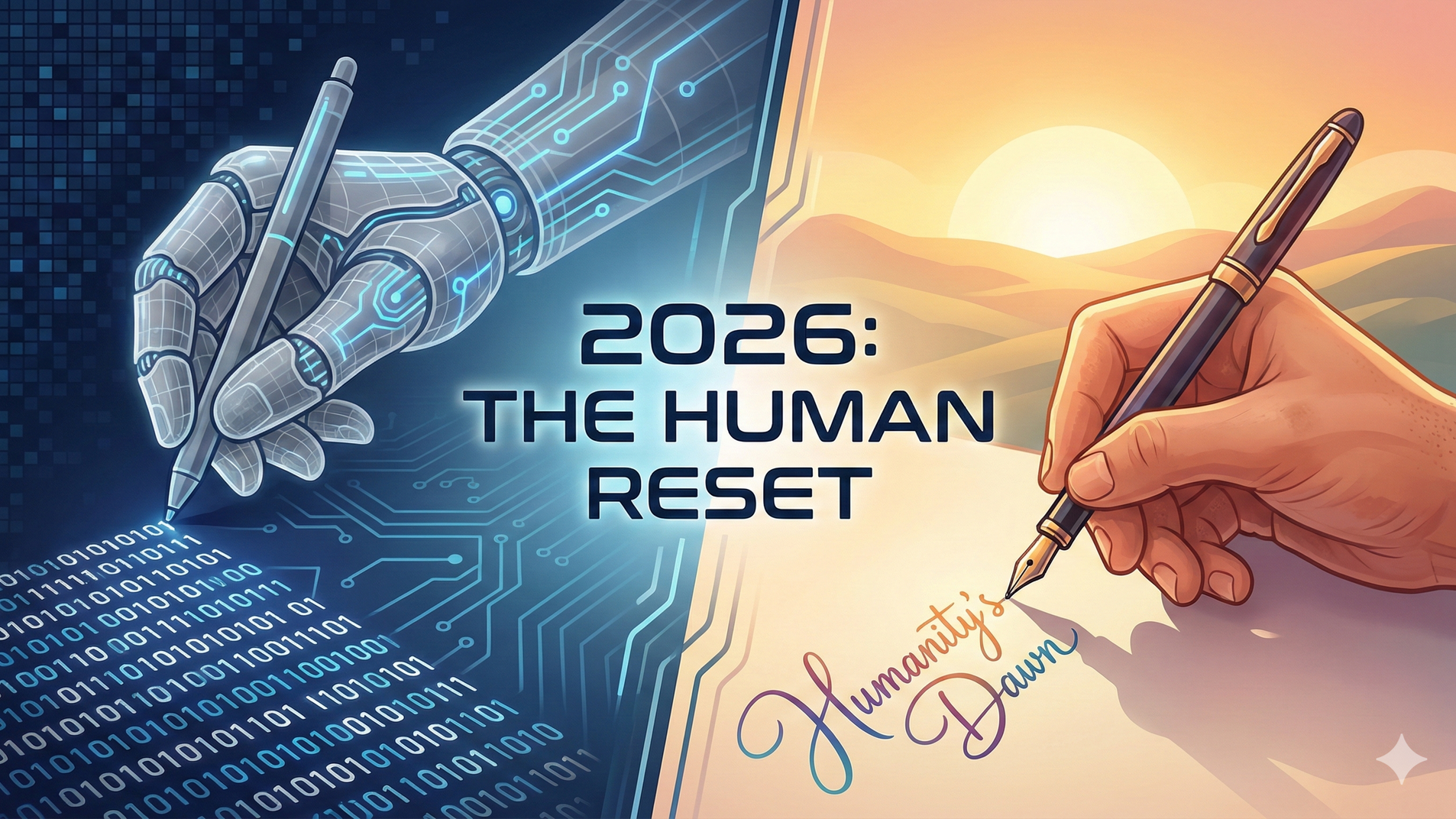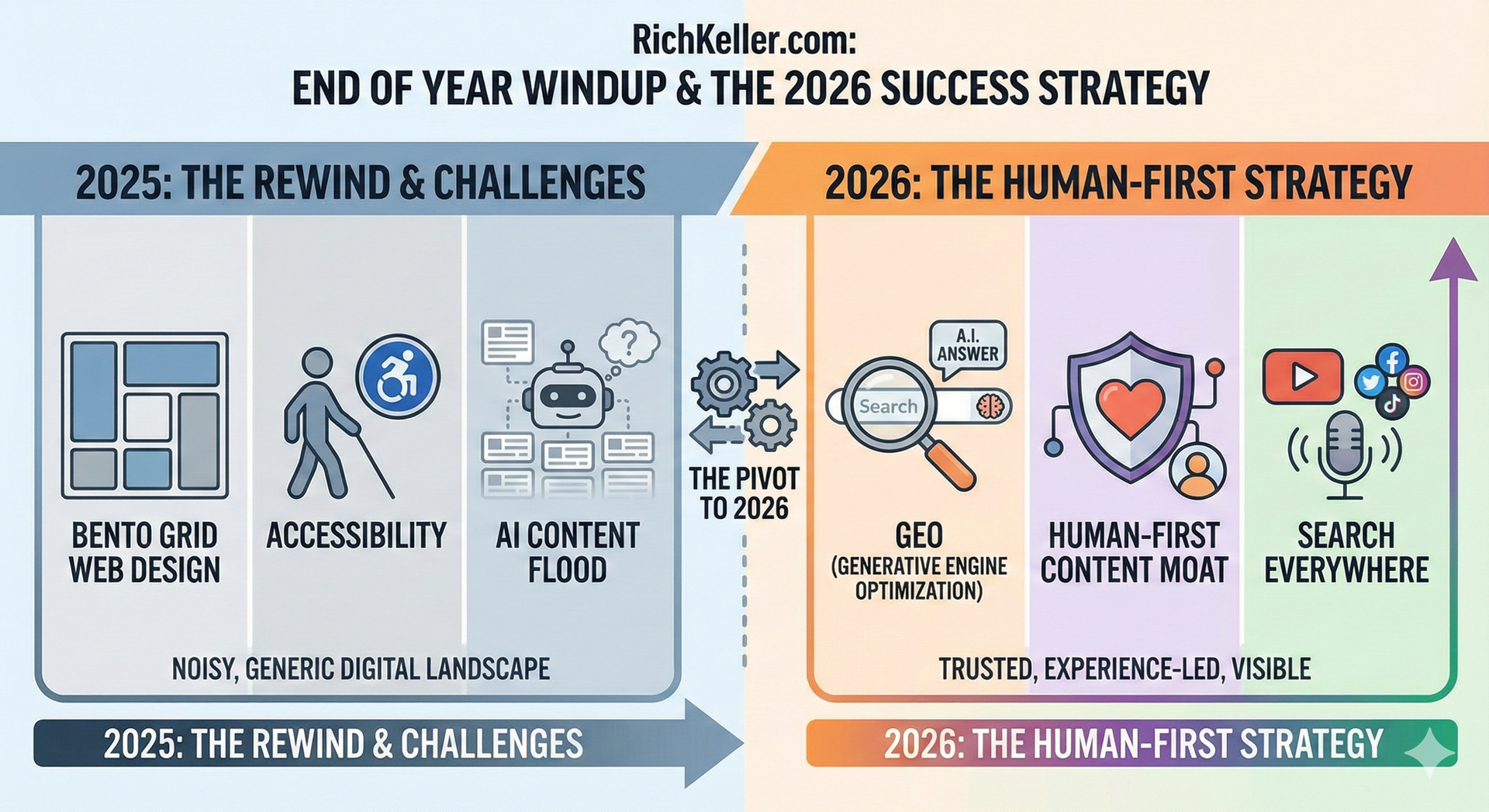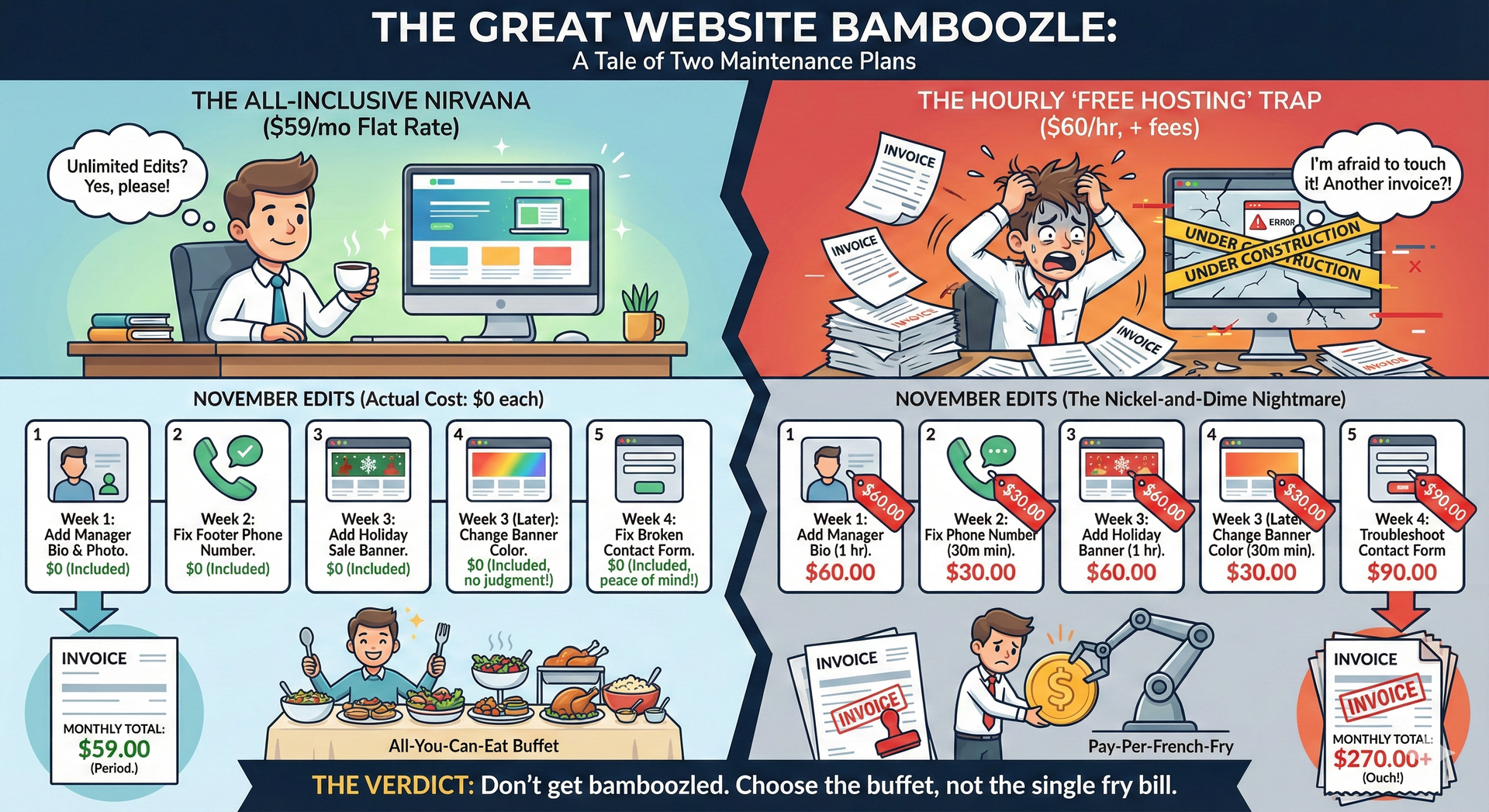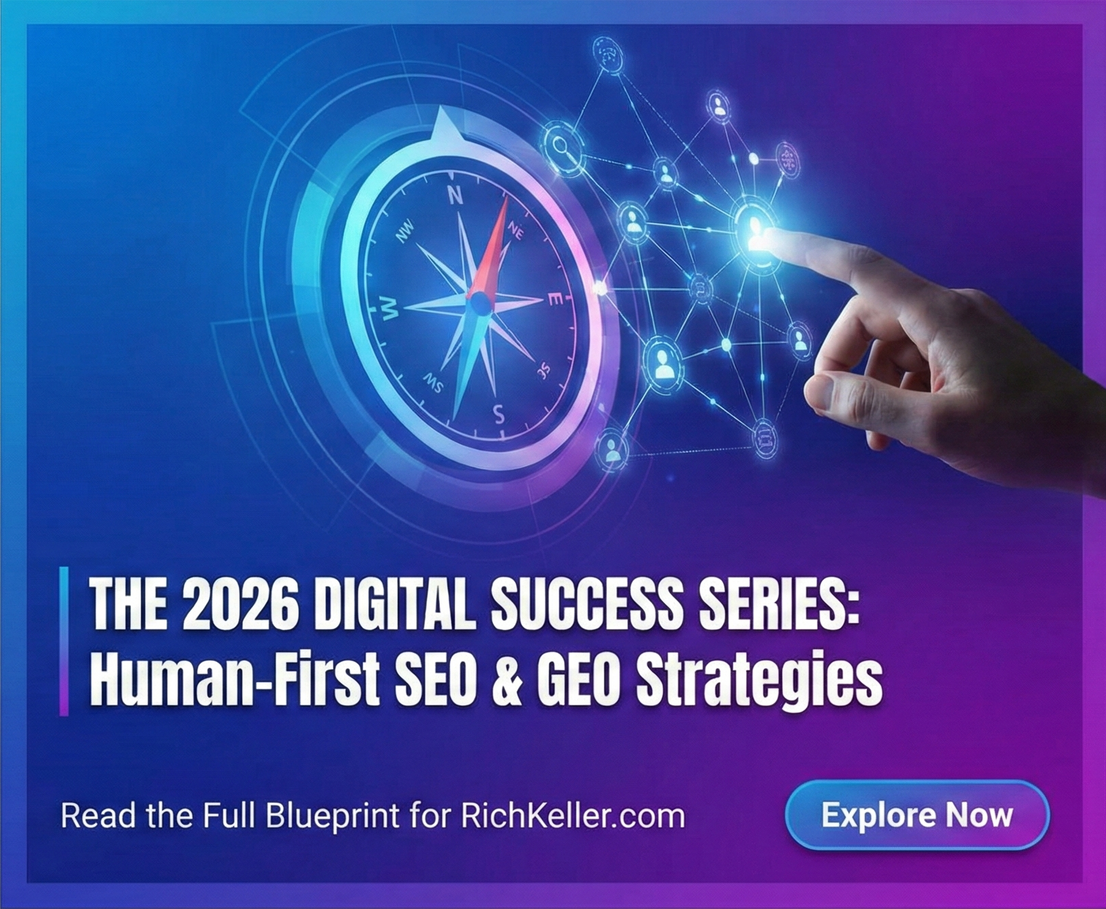Don't Quit Now!
As we speed towards 2026, the digital landscape continues its rapid evolution. We hear whispers about AI taking over search, new platforms emerging, and wonder, "Is SEO still worth the investment?"
The answer is an unequivocal yes.

Search Engine Optimization isn't a relic of the past; it's the foundational framework for future digital success. It's evolving from simple keyword targeting into a sophisticated, multi-faceted discipline. If you're thinking of scaling back, think again.
Here are the top ten reasons why SEO will be more critical than ever in 2026.
- Organic Search Remains the Primary Source of Web Traffic
Even with the growth of social media and paid advertising, organic search is still the undisputed champion of website traffic for most industries. It’s the first place people go when they have a question, a need, or a problem to solve. Neglecting SEO is like building a beautiful storefront on a street with no traffic.
Example: A local bakery in Brandon, Manitoba, finds that over 60% of its online orders originate from users searching terms like "best birthday cakes Brandon" or "sourdough bread near me." This traffic is consistent, high-intent, and free, far outweighing their social media referral traffic. - Building Unshakeable Credibility and Trust
Users inherently trust organic results more than paid advertisements. A high ranking is an endorsement from Google, signaling that your content is authoritative, relevant, and trustworthy. In an age of misinformation, this digital credibility is priceless.
Example: A financial advisory firm writes comprehensive blog posts about retirement planning. When they rank on the first page for "how to save for retirement in Canada," users see them as credible experts, making them far more likely to book a consultation than if they had just clicked a flashy ad. - The Unbeatable ROI of Long-Term Asset Building
Paid advertising stops the moment you stop paying. SEO is an investment that builds upon itself, creating a digital asset that generates returns long after the initial work is done. A single, well-optimized piece of content can drive traffic, leads, and sales for years. The long-term Return on Investment (ROI) is often exponentially higher than paid campaigns.
Example: In 2024, a plumbing company created a definitive guide titled "How to Prevent Frozen Pipes in a Manitoba Winter." In 2026, that single blog post still ranks #1 every winter, bringing in dozens of high-value emergency calls without any additional ad spend. - The Rise of AI-Powered Search Requires a Strong SEO Foundation
Generative AI in search engines (like Google's AI Overviews) isn't replacing SEO; it's raising the stakes. These AI models need to pull information from reliable sources. Where do they get them? From well-structured, authoritative, and clearly written websites. SEO in 2026 is about optimizing your content to be the definitive source cited by AI.
Example: A tech review site publishes an in-depth, data-backed analysis of the latest smartphone. When a user asks an AI-powered search engine, "Which phone has the best camera?" the AI overview summarizes the key points and directly cites and links to the review site as its primary source, driving highly qualified traffic. - Dominating Voice and Conversational Search
With the prevalence of smart speakers and digital assistants, more and more searches are conversational questions. "Hey Google, where can I get the best poutine in town?" SEO has adapted to focus on natural language, long-tail keywords, and question-based queries to capture this growing traffic source.
Example: A recipe blog optimizes its content by using FAQ schema and clearly answering questions like "How long do I cook a roast chicken?" When someone asks their smart speaker this question while cooking, the assistant reads the answer directly from the blog, mentioning the source by name. - SEO is a Pillar of Great User Experience (UX)
Modern SEO is intrinsically linked to user experience. Google rewards sites that are fast, mobile-friendly, secure, and easy to navigate. By investing in technical SEO, you’re not just pleasing a search algorithm; you're creating a better, more efficient experience for your visitors, which directly leads to higher engagement and conversion rates.
Example: An e-commerce clothing store invests in optimizing its site speed, reducing page load time from 4 seconds to 1.5 seconds. Their bounce rate drops by 30%, and their conversion rate increases by 10% because customers are no longer getting frustrated and leaving. This also boosts their search rankings. - Local Search is Hyper-Critical for Brick-and-Mortar Success
If you have a physical location, local SEO is non-negotiable. "Near me" searches are still exploding, and dominating the Google Map Pack can be the difference between a busy week and an empty one. Optimizing your Google Business Profile is one of the highest-impact marketing activities you can do.
Example: A dental clinic in a competitive neighborhood keeps its Google Business Profile meticulously updated with new photos, services, and positive patient reviews. As a result, they consistently appear in the top 3 "Map Pack" results for "dentist near me," driving a steady stream of new patient calls. - Your Competitors Are Definitely Doing It
Staying competitive online means meeting your rivals where they are—and that’s on the search engine results page. If your competitors are investing in SEO and you aren't, you are ceding valuable digital territory, traffic, and market share to them every single day.
Example: Two real estate agencies are competing in the same city. Agency A invests heavily in SEO, creating neighborhood guides and optimizing property listings. Agency B relies on old-school methods. By 2026, Agency A gets 75% of its new leads online, while Agency B struggles to be found at all. - The Explosion of Video and Visual Search
Search is no longer just text-based. YouTube is the world's second-largest search engine, and visual search through tools like Google Lens is on the rise. SEO now extends to optimizing video titles, descriptions, and tags, as well as image alt text and file names, ensuring you're discoverable no matter how people search.
Example: A home improvement store creates a series of short "how-to" videos for their YouTube channel, optimizing each one for search terms like "how to install a dimmer switch." These videos not only rank on YouTube but also appear as rich snippets in Google search results, establishing the store as a helpful expert and driving product sales. - SEO Provides Invaluable Data and Customer Insights
Through tools like Google Search Console, SEO provides a direct look into the minds of your target audience. You can see exactly what they're searching for, the language they use, and the questions they have. This data is a goldmine for informing your content strategy, product development, and overall business strategy.
Example: A software company notices through their search data that a growing number of users are searching for an integration with another popular platform. Seeing this clear demand, their product team prioritizes developing that feature, leading to a highly successful launch that meets a proven market need.
The Bottom Line
In 2026, SEO is not just about ranking #1. It's about being the most trusted, authoritative, and accessible answer, wherever and however people are looking for it. It's an investment in visibility, credibility, and long-term, sustainable growth.
Don't pull back—it's time to double down.
Cost-Effective Turnkey Solutions at Just $99/month.
Transform your online presence with Rich Keller.
Starting at $99/month, you receive:
- Professional Website
- AI Tools for Writing
- SEO Optimization
- Digital Marketing Services
- Unlimited edits.
